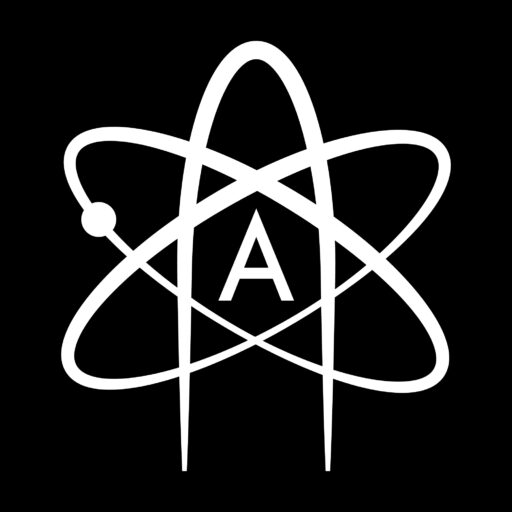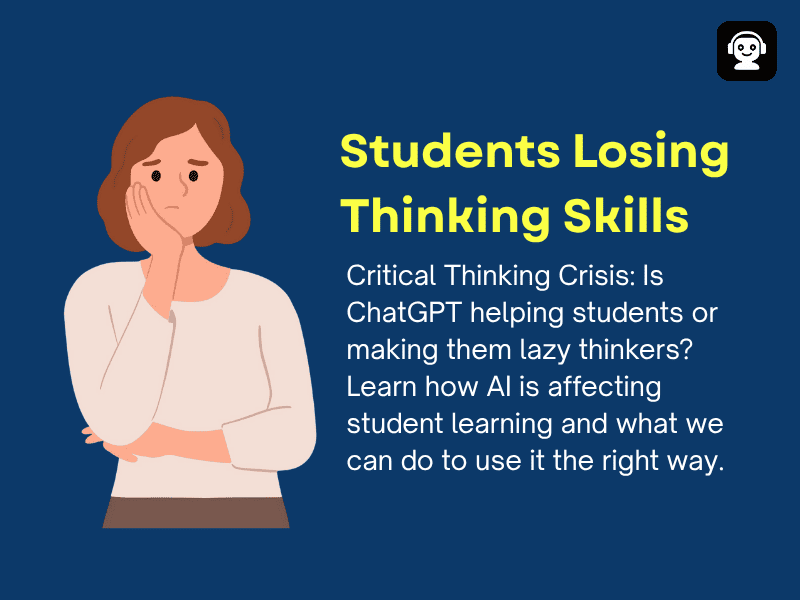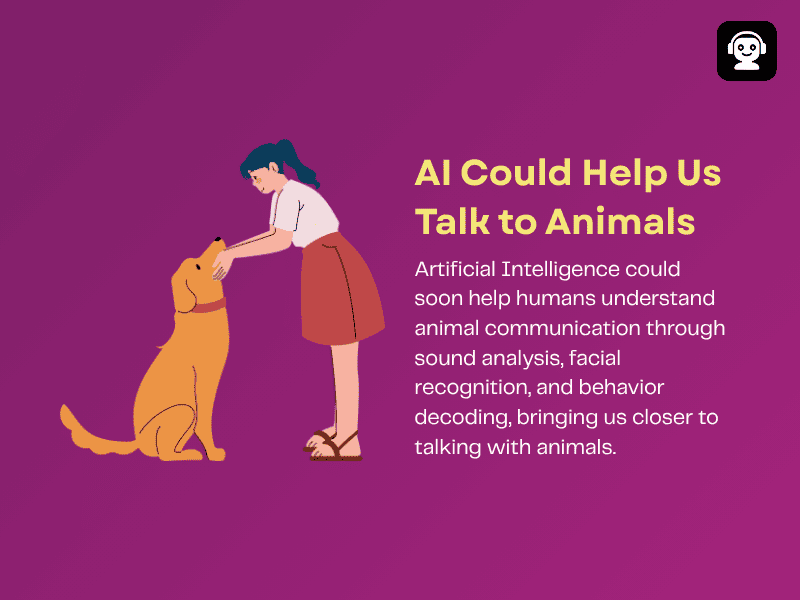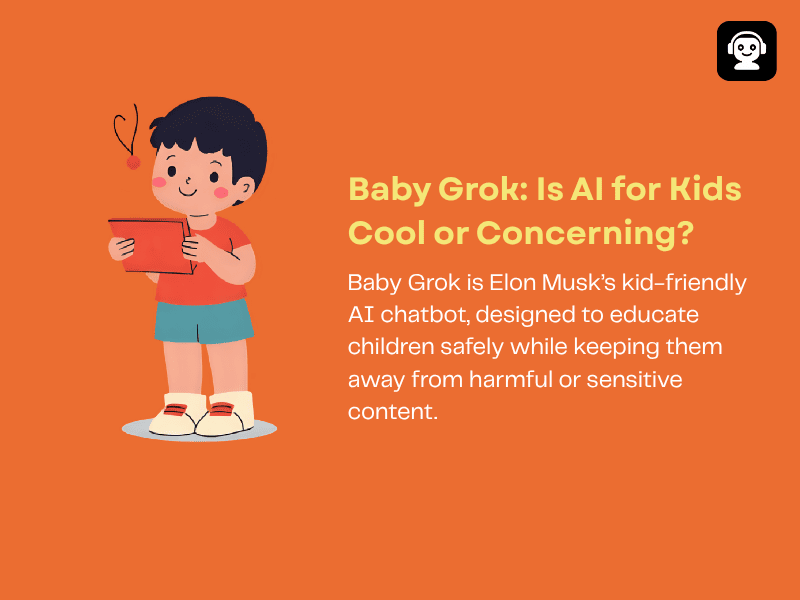How are We Using AI-Influenced Human Speech in Real Life: A Life-Changing Study in 2025
Imagine we started using AI-influenced human speech in real life! Have you ever written an article by yourself, and
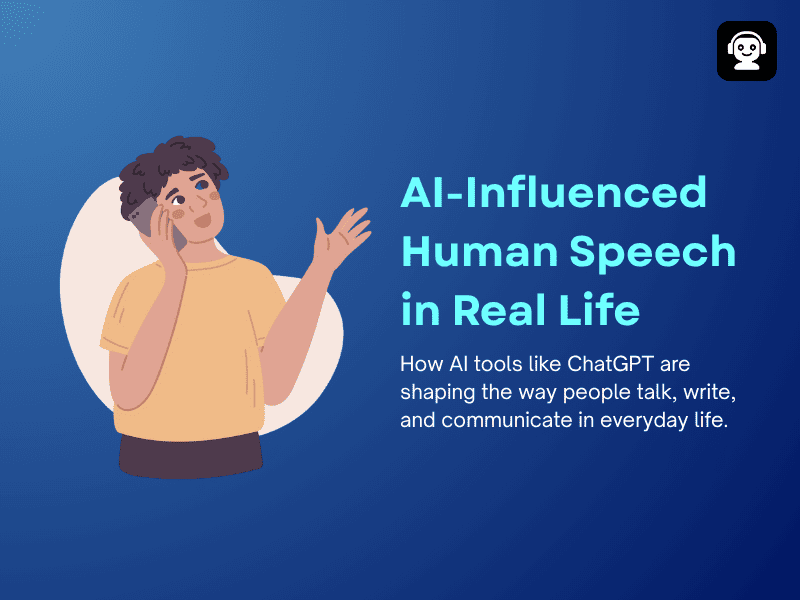
Imagine we started using AI-influenced human speech in real life! Have you ever written an article by yourself, and when you checked for the AI-generated content, it highlighted some parts of your article? If so, then you must be using words that artificial intelligence or machines use in real life. Humans do not use words like delve, meticulous, or boast much, but if you are the CONGRATULATIONS! You are someone who is now speaking like ChatGPT or other artificial intelligence platforms.
Today, we will take a look at how artificial intelligence has led to the adoption of AI vocabulary and how we are using AI-influenced human speech in real life. Even though it is not a bad thing, it can create a cultural feedback loop and lead to linguistic manipulation risks as well. There is a study called the Max Planck AI study that has revealed that artificial intelligence has not only shaped the way we write but also refined the way we talk as well.
The Rise of ChatGPT Speech Patterns
The use of AI-influenced human speech is increasing daily, and we don’t need to delve in-depth into how ChatGPT has shaped our lives. A recent study called the Max Planck AI study revealed a very striking trend, and this is related to words favoured by OpenAI’s ChatGPT are now used by humans in their day-to-day conversations as well. The researchers of this study examined over 360,000 YouTube videos, podcasts, and daily conversations to understand the patterns and words used by people.
The results showcased that there is a measurable and abrupt increase in the AI-influenced human speech patterns and dialogues in real life. Humans have the nature to adopt speech patterns and evolve all the time by referring to quotes, movies, slang, and riffing off pop culture. But today, there is an increase of AI-influenced words in real conversations, which makes us question whether we are still driving the conversation or artificial intelligence is behind the steering wheel.
Mapping AI-Influenced Human Speech
To find out how ChatGPT is influencing our daily conversations and speech, the researchers of the Max Planck AI study used a two-step process. The first step involved asking ChatGPT to polish a huge text message, including emails to news articles. The words it gave during the polishing phase became the important lexical signature of artificial intelligence. Then the researcher performed the second step, which analysed how often these terms or words appear in daily conversations between human beings before and after the invention of ChatGPT.
The study was not just done for scripted or written content, but it was also done in YouTube videos and podcasts. Over 1.1 million pieces of audio and video content were analysed by the team of researchers, and then they arrived at one result. The AI-influenced human speech was not only seen in technology-related media but also in educational podcasts, vlogs that are personal, discussions related to health, and lifestyle channels.
The Cultural Feedback Loop
The real question that arises is that are we as humans are mimicking artificial intelligence and machines now? Artificial intelligence as an idea was first invented to mimic human knowledge, as they are considered the most brilliant, smartest, and superior beings. However, the shift to ChatGPT speech patterns has now revealed that humans are mimicking machines and their language. This is leading to a lot of linguistic manipulation risks and a cultural feedback loop in real life.
There is a lot of danger when it comes to manipulation, as AI-favoured language becomes dominant, it could be used to weaponise and push certain ideologies or interests for commercial purposes. If everyone starts to speak in the same way, it becomes way too monotonous and boring, and therefore, we need to keep a balance between human language and the use of artificial intelligence language in real-life conversations.
Does AI Speak the Same Language
The Max Planck AI study also revealed that not all AIs speak the same language, and everyone’s tone and style are different. For example, OpenAI’s ChatGPT has a very formal tone and speaks in more academic phrasing and words. However, Google’s Gemini is more into a casual and conversational tone and can be used to chat like a friend rather than asking a question on quantum physics or mechanics.
The diversity of AI and machine language is really interesting, and it raises questions like which AI is human beings mimicking the most? If people use Gemini for daily conversations, will they also become casual and use a more conversational style of communication? From a third person’s view, the variety can be both a pro and a con since it depends on what AI we are using and how we are using it, which influences our human speech.
Will it harm our Minds and Culture?
There is a lot of debate that is going on about how this shift can affect our memory, expression, and most importantly, our creativity. People are now mainly dependent on generative AI to create content with minimal to zero effort, but are we forgetting what our minds are for? Levi Brinkmann, who is the co-author of the study, pointed out that people tend to mimic those whom they see as more knowledgeable and important.
We are slowly becoming echoes of ChatGPT as we tend to rely more on artificial intelligence. This raises a lot of questions on whether the reliance on AI is good or bad, and how much we should use it. If you, too, want answers to these questions, make sure to check our website www.ekagpt.com for more such informative blogs on AI.
